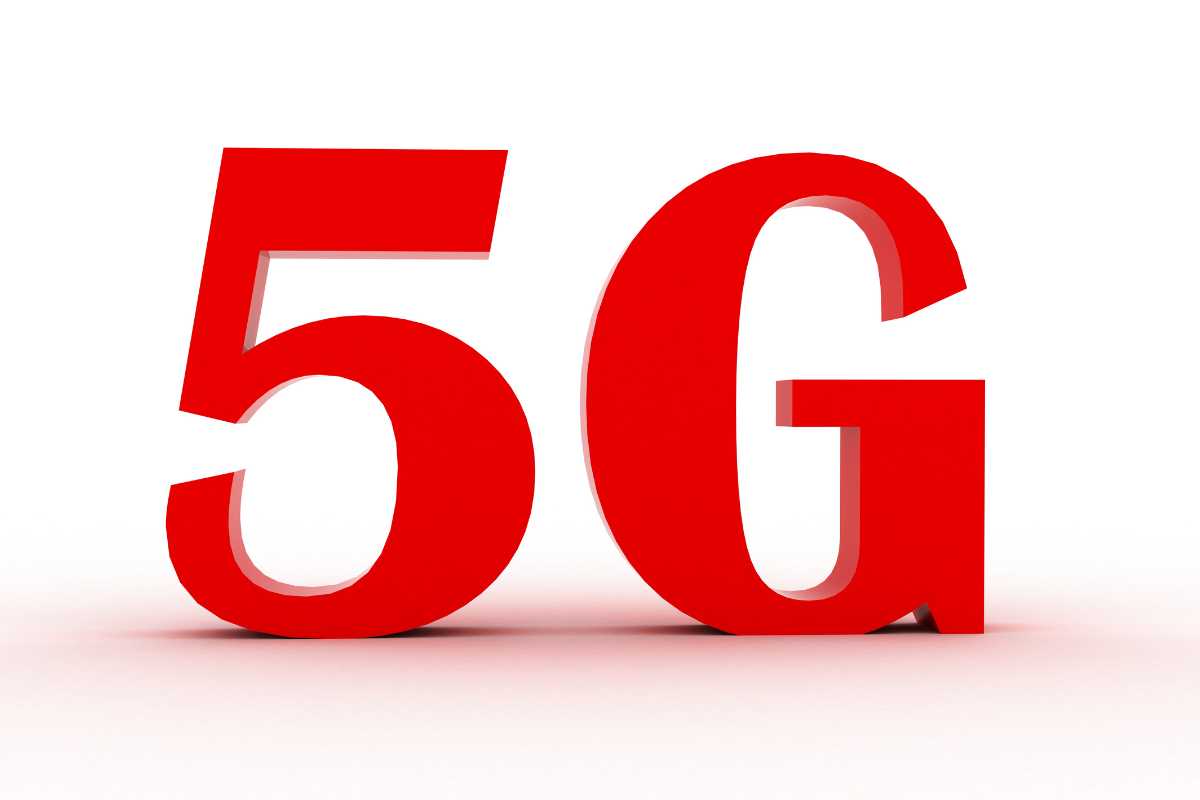The development of 5G cellular networks has advanced over the past two years, but despite increased customer aspirations in the UK to upgrade to 5G within the coming year, people are asking why its security isn’t up to par, according to a study by Ericsson. Over 49,000 people in 37 countries were questioned for the second wave of the Ericsson ConsumerLab report, which examined the impact that 5G has had on early adopter consumers since it launched in many of them as well as the likelihood that non-5G subscribers will convert to the technology.
Information Regarding Increasing 5G Adoption
The report covers the behavioural changes brought on by communications companies cobbling digital services into 5G plans, particularly the increased use of improved video and augmented reality (AR) apps, as well as the rate of mainstream 5G adoption, whether or not customer demands are being met, and 5G-related changes in cellphone behaviour and their impact on community traffic. In effect, the survey makes a prediction that at least 30% of smartphone users will sign up for a 5G subscription within the next 12 months. It is well known that 5G uptake appears to be resistant to inflation: at least 510 million customers across 37 markets said they were more likely to use 5G in 2023. The next wave of 5G users has high expectations for the technology’s performance, particularly in terms of community safety, in contrast to early adopters who are more interested in the new, cutting-edge services that 5G can bring. The study also showed that users’ perceptions of the availability of 5G were becoming the new standard for contentment. Building user impression is more significant than population coverage due to geographic coverage, indoor and outdoor coverage, and congregation hotspot coverage. Moreover, it was seen that augmented reality and enhanced video usage were being promoted by 5G. It was discovered that 5G users now spend two hours each week using AR apps, which is a two-fold increase over the previous two years. As per the study, 5G users who have used extended reality (XR) functionality are more prone to be excited about the possibility of mixed-reality glasses and will be the first to adopt new technology. In comparison to one-third of 4G users, half of 5G users who now use XR-related services on a weekly basis believe that AR apps would migrate from smartphones to XR headsets in the next two years.
